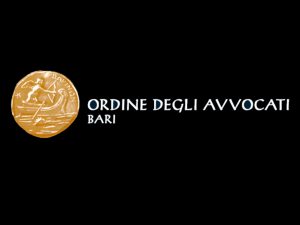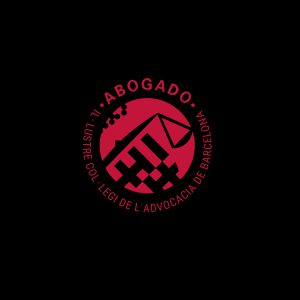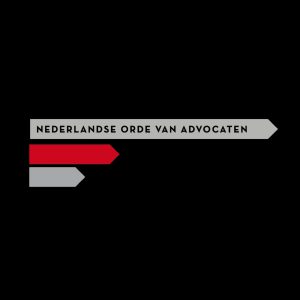Here we are going to explain a few things that maybe you are not aware about this delicate topic, child abduction. Read the full article by our team experts.
International child abduction occurs when a child is taken to another country without the consent of the other parent. In 1980, an international treaty was created to regulate international child abduction. This treaty is called “The Hague Convention on the Civil Aspects of International Child Abduction”.
In this Hague Child Abduction Convention, more than 90 countries have made agreements on how to deal with international child abduction. These countries are called treaty countries.
Besides the Netherlands, most European countries are party to this treaty but also countries such as the United States, Brazil and Israel. The purpose of this treaty is to prevent international child abduction. The premise of the treaty is that abducted children return as soon as possible to the country from which they were taken. In practice, this means that the starting point is that the child should be returned unless an appeal can be made, for example, to the grounds for refusal in the Convention. In such proceedings, the best interests of the child are not the focus.
The background of the Convention is that the judge in the country where the child comes from can best assess what decision can be made about the abducted child. Reasons for refusal in the convention are, for example, that the child resists return or that the child would face physical or mental danger if returned. It may also be that the child is now rooted in the country of residence. These grounds for refusal are reviewed by the court and must be demonstrated and proven by the abducting parent.
Under the Hague Convention on Child Abduction, the countries involved have made agreements on how court proceedings should be conducted. This means that in the Netherlands, the basic principle in such proceedings is that the total procedure should not exceed 18 weeks, including the appeal. This is a very short period by the Dutch but also by international standards. As part of these proceedings, the District Court also offers the parties mediation in order to test the possibility of a settlement between parents. In practice, it regularly happens that parents succeed in settling the dispute through mediation. This form of environmental requirements is called cross border mediation and is provided from the mediation office attached to the Center for International Child Abduction in Hilversum. This is a legal expertise center in the field of international child abduction. This center provides free advice, guidance and information to parents, caregivers and professionals.
The court proceedings also appoint a special trustee for the children who can provide the court with further information about the children involved in the proceedings.
Appeals in child abduction proceedings are also handled relatively very quickly. The appeal period is only 14 days and the case is often heard within just a few weeks. The final decision also follows within 14 days of the appeal hearing. This decision is then immediately enforceable. Consultation then takes place on the manner of return if it is decided that the child should be returned to the country from which the child was taken.
Court proceedings concerning child abduction, so-called return proceedings, require a great deal of knowledge and experience in this area from the lawyers involved. It is a highly specialized area of law in which new developments occur with great regularity. Consultation with foreign lawyers and institutions is also often desirable. Moreover, such proceedings are completed in a relatively short period of time, which requires a lot of effort from all parties involved.
According to the press release of the Summer Kidnappings of 2022, The Netherlands had Abducted 58 children this summer holiday. Now that schools have fully started again, it has become clear that a number of students have not returned to school after the summer holidays. A total of 58 children did not return after a trip abroad with one of their parents.
Of the 58 children, 40 were abducted from the Netherlands abroad and 18 children from abroad to the Netherlands. Of the 58 children, 54 were under the age of 13, of which 27 were under the age of 5. In total, therefore, 31 children did not return to school. Of the 40 children abducted from the Netherlands, 12 were abducted to an EU country and 28 to a non-EU country. By far the most children were abducted this summer to Turkey (12) and Poland (5). Of the 18 children abducted to the Netherlands, 8 come from an EU country and 10 from a non-EU country. Six of these children came from Belgium. In 89% of cases, the mother was the abducting parent. “Explainable,” says Coskun Çörüz, director of the International Child Abduction Center (CIKO), “because in many cases the mother is the custodial parent.” Only 10% of the children have since returned to the Netherlands, while only 5.5% have returned abroad. Child abduction can even carry prison sentences of six years or more
Gimbrere Legal specializes in this field of law. Mr. Jack Schoenmakers has been acting as a lawyer for parents in the Netherlands and abroad who have to deal with child abduction for many years. In practice, this means that in the Netherlands he is regularly involved as a lawyer in requests to return children to foreign countries, as well as in defending against requests to return children and invoking grounds for refusal. He is also a member of the Specialist Association of International Child Abduction Lawyers. Mr. Jack Schoenmakers gives lectures on this subject and regularly makes public appearances.
Contact us if you have any questions or if you need help with child abduction cases.
+31 (0)76 514 05 05






